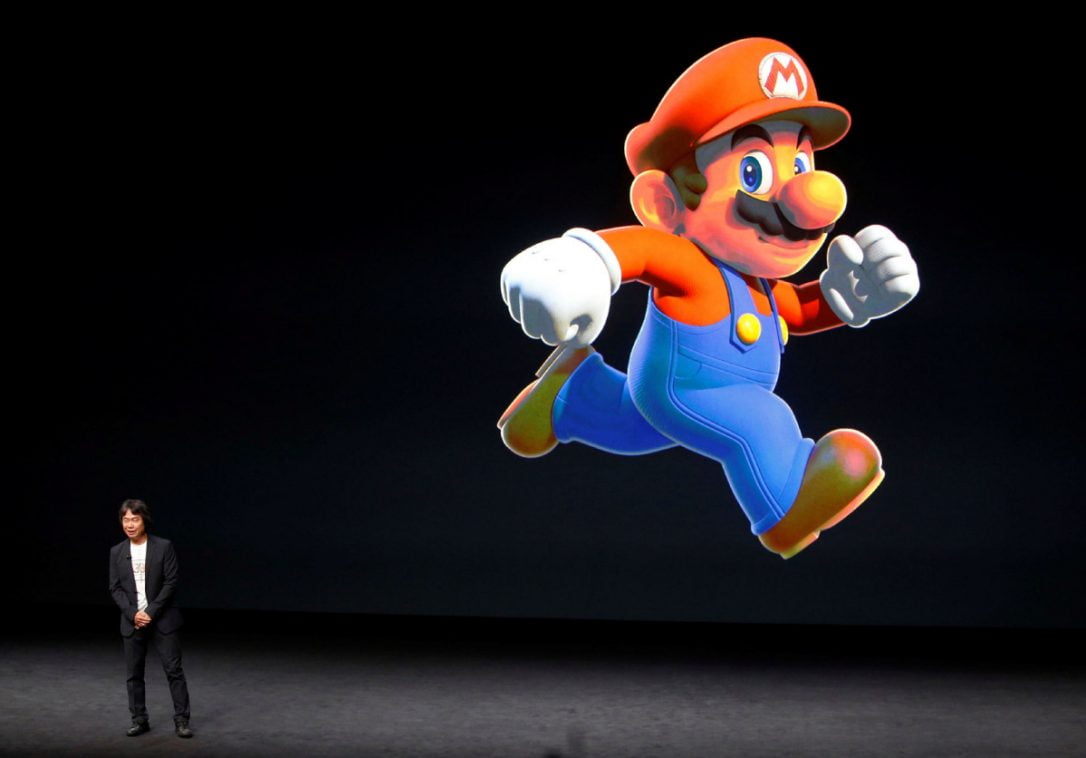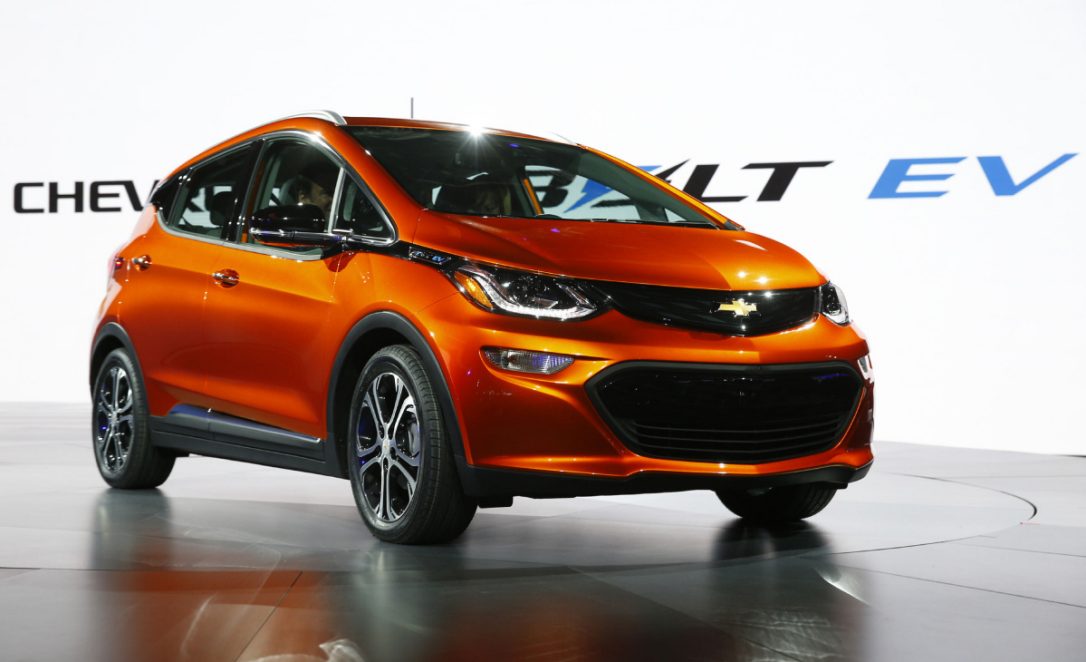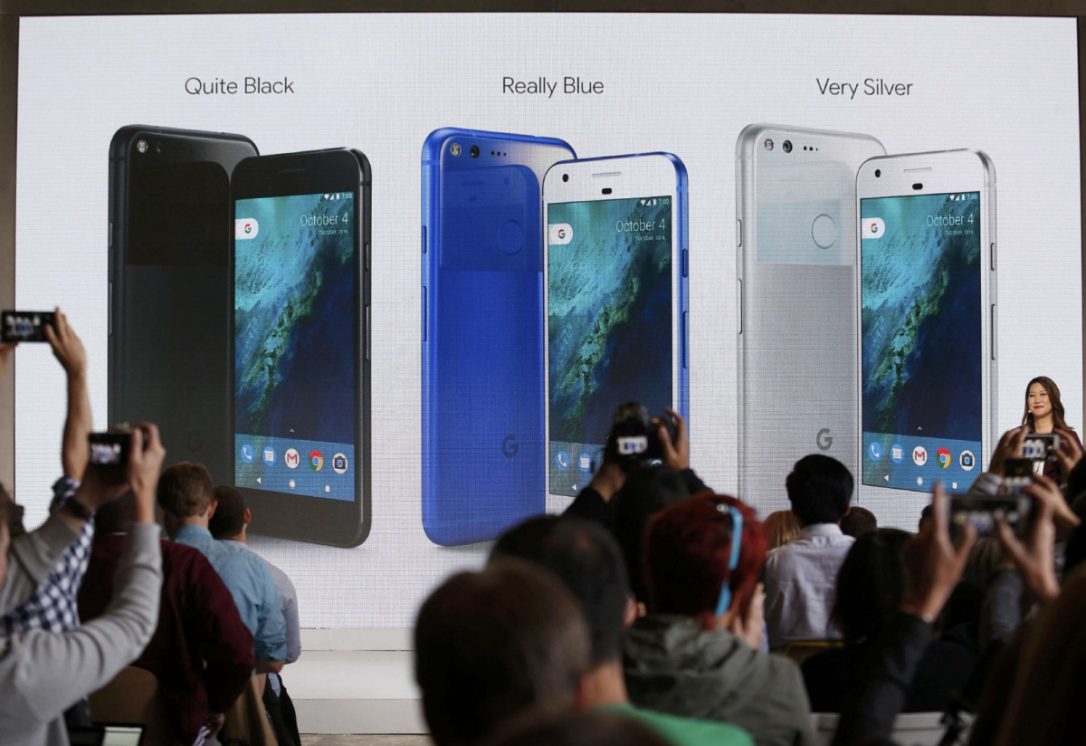Facebook, Nintendo Feed Appetite for Retro Games

From the arcade to your phone took about 30 years, but some of the most beloved games of all time are being used to get you playing old games in new places.
For Facebook, it’s on Messenger, where its new Instant Games include Pac-Man, Galaga and Bust-a-Move. For Nintendo, the company is making it easy to play familiar games like Donkey Kong on modern HD TVs with its NES Classic Edition console — and it’s finally bringing its most valuable video game character to smartphones next week.
Old games don’t die, it seems, they just get resurrected on up-to-date platforms in a form of “new-stalgia.”
“There is something magical about these classic games, where they didn’t have a lot of big memory footprint to draw on, they didn’t have crazy processors where you can do anything — it was all about the game play,” Leo Olebe, Facebook’s global games partnership director, said.
“There were a lot of (technological) obstacles to creating these type of experiences at that time,” Olebe said. “So at the end of the day, they just really made great games.”
In the case of Messenger, Olebe said there were a couple of reasons for choosing classic titles. For one thing, game play and graphics are more basic on the old games and so require small file sizes, which helps the games start instantly, an important factor in mobile gaming.
Most of the Messenger launch games also lend themselves to high scoring. In this way, the company hopes the games get the competitive juices flowing between friends as they attempt to chase a higher score, appealing to more players.
The end result, Facebook hopes, is greater engagement with the platform. At this time, Olebe said that the company isn’t worried about making money on games.
But Olebe said this is just the beginning and that over time, there will many different types of games on Messenger.
But Albert Lai, CEO of Big Viking Games, based in Toronto and London, Ont., isn’t concerned about the variety of games on Messenger; he’s more intrigued by the number of potential customers.
Big Viking is bringing GalatronVS, a Galaga-type space shooter to Facebook Messenger. To capitalize on the opportunity, his company has started a $10-million fund to publish games that build specifically for Facebook’s Instant Games.
“What other gaming platform has 1 billion active users on it?” Lai said. “We think the games that are going to be successful on this platform are built around classic game mechanics. The reason why retro games are going to be popular is that it’s a way for people to interact in a very relatable way.”
Lai also believes that short game play sessions, which he says hearkens backs to old school arcades, are necessary to be successful with people playing on the go.
Mobile games have become a big business, with gaming research firm Newzoo predicting that 2016 was the year that games from tablets and smartphones would generate a total of $48.7 billion in revenues or 37 per cent of the total gaming market, surpassing console ($38 billion) and PC game ($42.2 billion) in revenue for the first time.
While Facebook is using old games to drive users to the new place it wants us to congregate in, Nintendo is using new platforms to cash in on its past, especially its vault filled with beloved games and characters.
The company’s NES Classic Edition, a new, smaller version of the 30-year-old Nintendo Entertainment System, comes with 30 classic games that have been optimized to play on modern high-definition television screens. Since its launch in November, this retro console has been hard to find, with some accusing the company of creating artificial scarcity. It is one of the most in-demand gifts this holiday season.
Nintendo is also appeasing the long-held demands of fans and the industry to create mobile games, with the launch of Super Mario Run, which is arriving for iPhones on Thursday.
Mario is one of gaming’s most beloved characters, and this will be his first game built specifically for phones. Nintendo has long said that it only wants to build games optimized for its own hardware, which is one reason it has stayed away from mobile.
But Nintendo clearly saw and felt the effect of Pokemon Go. When it launched, the company’s stock soared by $16 billion. The company lost $8 billion of that after it had to clarify that it didn’t create the game, and its results wouldn’t materially affect the company, as it owns 32 per cent of the Pokemon Company.
But if Super Mario Run is just as successful, all the profits will go to Nintendo, easily boosting the company’s bottom line.
Mario games have traditionally been platformers, where the character has to run and jump, collect items and fight enemies. From all reports, Super Mario Run is an endless runner, a genre very popular on phones.
In some ways, it’s a safe bet, not only because it features Mario, but also because platformers have typically been successful on phones largely because of their very simple controls. One potential drawback may be that many gamers are also sick of the formula.
Despite that, Super Mario Run is expected to break records when it launches. Apple created a special sign-up queue for the game that will let people know when it’s available, and has reported more than 20 million gamers have already signed up.
As well, Super Mario Run will be free to start, but then it will cost $9.99 in the U.S., almost double what most top-end premium mobile games cost. It could set a precedent for other game makers, particularly those who have successful franchise characters who are embarking on a mobile offshoot.
That is also a testament to the value of a character like Mario, who is, after all, 35 years old and still going strong.








